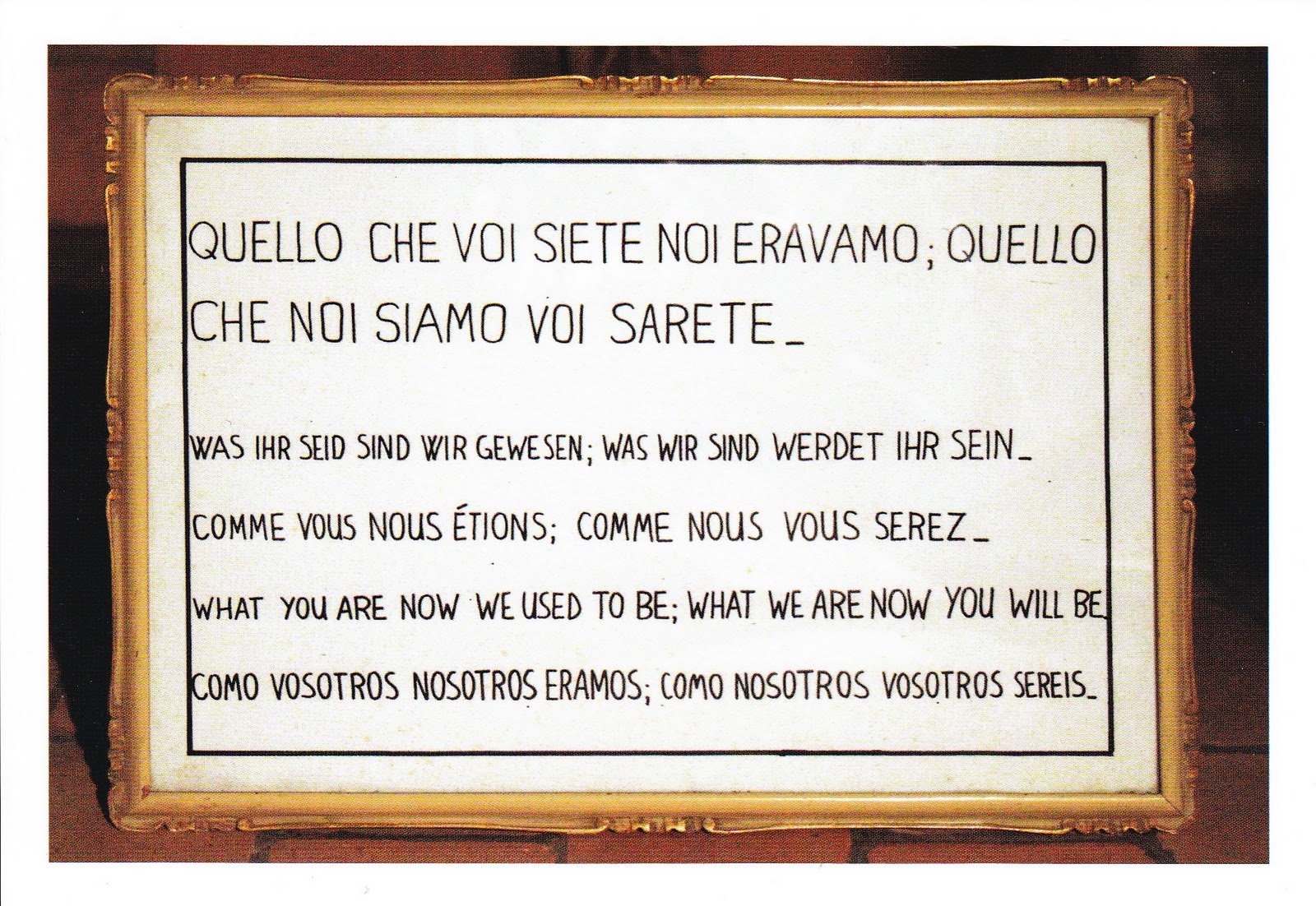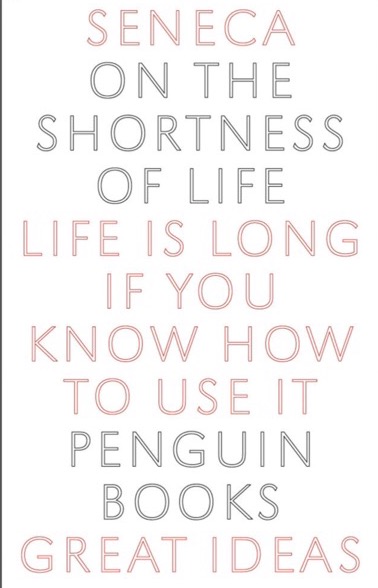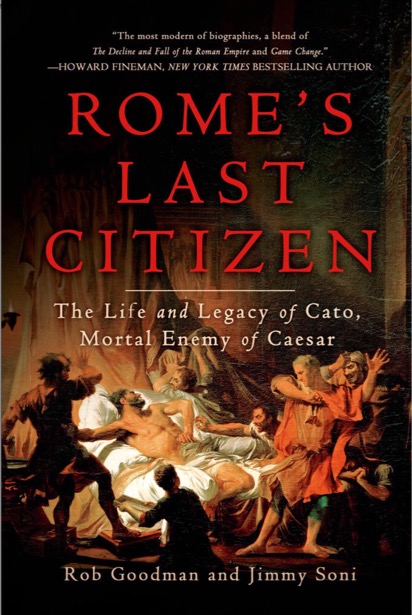This afternoon, I was at the hospice in the Memory Care Unit. I was a little early today. There were a lot of them in the common area. Not all of them were my patients, but I interact with and help all of them, anyways. Or at least, try to.
I had one of those powerful moments today. One of my patients – we will call him Mr. “L” today – who just listlessly walks and has no ability to understand or talk was doing his up and down rounds. After walking with him for some time, I rushed to help one of the attendants who was trying to help a patient yelling in pain (turned out to be a simple issue that was fixed quickly). When I turned back after fixing the problem, I noticed that my friend had walked up to another patient who was in his sofa – let’s call him Mr. “T” – and was blankly staring at him. Now Mr. T has no memory, repeats the same things, will laugh at you weirdly but is very cordial. I was expecting a very awkward moment. (my patient – Mr. “L” also drools all over the place – making a mess of others). But, in a flash of near normalness, Mr. T asked Mr. L – “How are you?”
You have to understand the import of the moment. None of them are “normal” by the normal definition of “normal”. They see each other many many times a day, although I am not quite sure they remember. Just when I was getting worried about a awkward moment when I have to clean up drool, the purportedly recipient of the drool – calmly greeted the soon-to-be drooler!! It was like he was more worried about his friend’s well being than being drooled upon.
I have noticed this among the ladies too. They are in very different state of coherence and cognition and many are outright upset, but put them in a table – and they always look out for each other. They will ask how the others are doing. If we are late in bringing yogurt to somebody at the table, the rest will create a din till their compatriot is taken care of.
It is an amazing feeling. It will make you wonder – where is all this cognitive power when it really matters? It is like they know they are at the hospice center for a few more days but they are determined to live the rest of their days in the best possible human way that their physical state will allow them.
A simple “How are you?”. Often the last words some of them will ever hear. Whether they can process it or not.
The difference though, is in the fact, somebody asked them. Like I said, whether they can process it or not.
In “On the Shortness of Life”, Seneca says… “Let us prepare our minds as if we’d come to the very end of life. Let us postpone nothing. Let us balance life’s books each day. The one who puts the finishing touches on their life each day is never short of time.”
Put in my way, let’s realize that we will all go one day. That we cannot change. What we can change is what we do from now till that day!
“Memento Mori”!! Remember that you will die!!
Acceptance of mortality can be a downer if one focuses on what one has not done or gotten. And yet, it can be one of the lightning rod for happiness if we leverage that acceptance to make us who we want to be in the days that are left.
That is a choice we have to make every single day.
What is your choice today?










